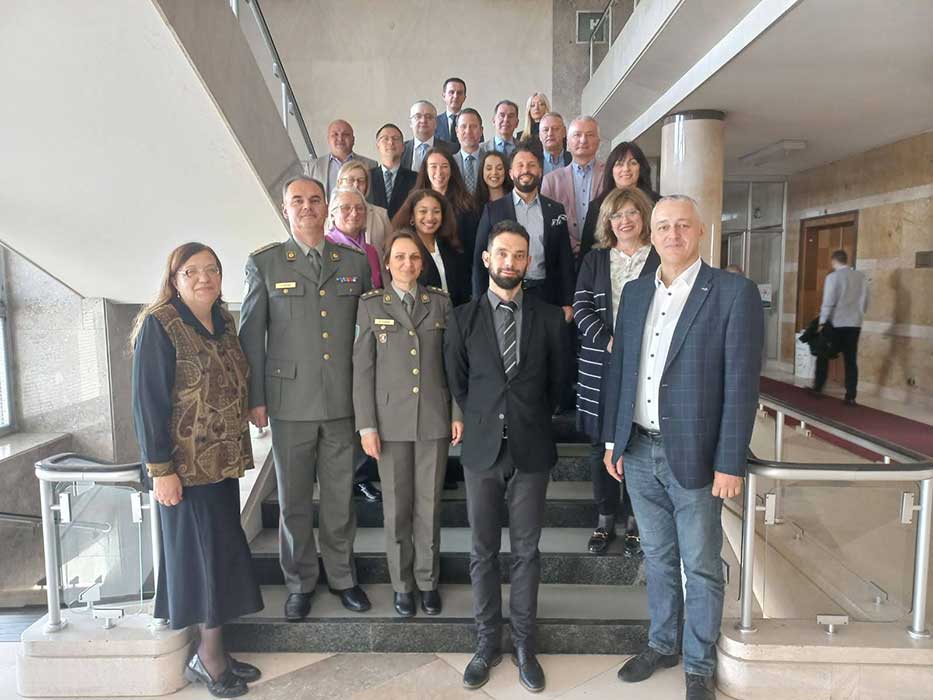The Integrated Nuclear Security Sustainability Plan – INSSP review meeting has started today in Belgrade in the organization of Serbian Radiation and Nuclear Safety and Security Directorate (SRBATOM) and the International Atomic Energy Agency (IAEA).
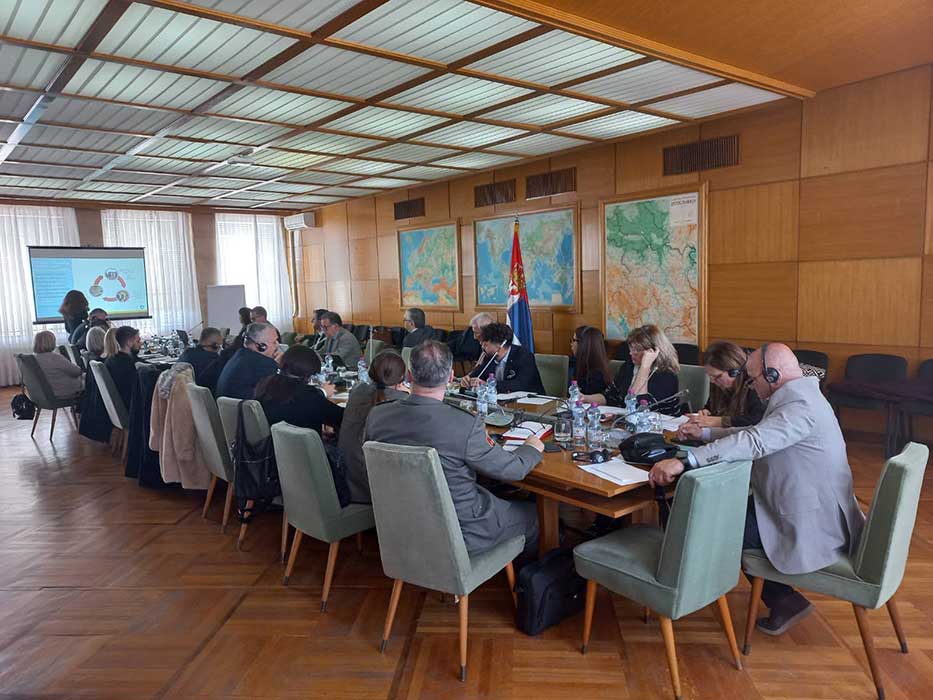
The participants in this four-day meeting, besides the representatives of the Directorate, will be the representatives of all relevant national institutions – Ministry of the Interior, Ministry of Finance, Customs Administration, Ministry of Foreign Affairs, Security Information Agency, Public Company Nuclear Facilities of Serbia and Vinca Institute for Nuclear Sciences.
The Integrated Nuclear Security Sustainability Plan – INSSP is a document developed by the IAEA that serves the countries as a tool for a systematic and comprehensive review and assessment of their national capacities in the field of radiation and nuclear security, as well as for the identification of those areas that require strengthening and further development.
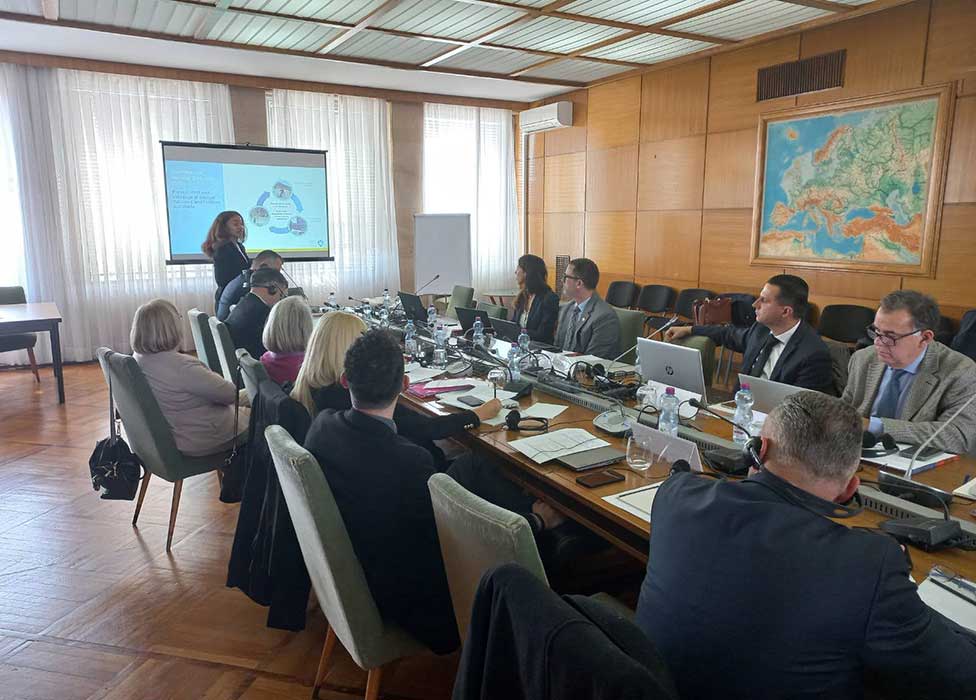
The national radiation and nuclear security regime, which is a part of the overall security regime, comprises all physical protection measures for the material, facilities and related activities, operational security procedures, prevention and detection measures, as well as a system of response in case of a security event. These measures are taken on operational and national level – by both the users of the radioactive and nuclear material in line with their own security plans, and other state institutions responsible for security matters.
The prime role of the national radiation and nuclear security regime is to prevent any loss of control over the radiation sources located or used in the Republic of Serbia, including any unauthorized and malicious use of radioactive and nuclear material. Its aims at preventing the acts of proliferation of equipment and weapons of mass destruction, protecting the facilities where radioactive and nuclear material is used, and detecting and forestalling any attempt of illicit transboundary transport of radioactive and nuclear materials. Finally, its role is also to pre-empt any potential security threats, including cyber threats, and sanction accordingly all criminal acts in accordance with the legislative provisions.
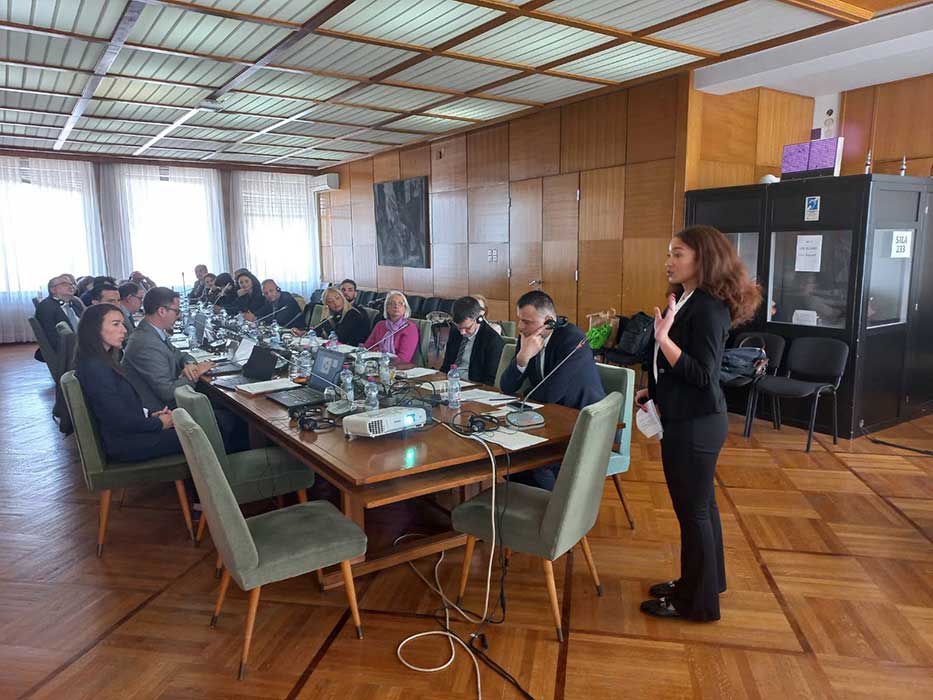
Among other things, the national radiation and nuclear security regime is devised to protect and reduce the risks for a member of the public and the public in general, property and the environment from the harmful effects arising from a security incident (theft, sabotage, terrorist acts, smuggling, etc.), involving or directed at nuclear material, other radioactive material, associated facilities and associated activities. In order to achieve this goal, the state needs to establish, implement and sustain an effective and adequate system to timely detect, prevent and respond to any potential security incidents arising from the national or international threats.
The INSSP is designed to establish strategic activity planning which is directed at improving the national radiation and nuclear security regime, and to provide guidance and upgrade the coordination between all relevant state institutions, as well as to provide an efficient cooperation between the Republic of Serbia, the IAEA and any other international partners, if necessary.
